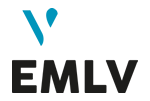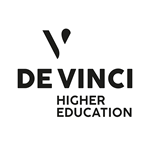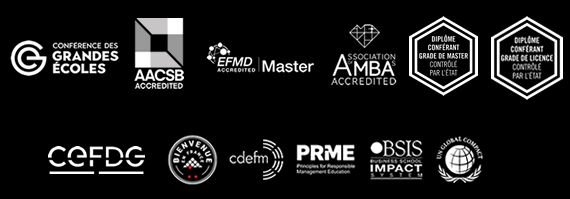Waste recycling has become an important concern with improving environmental consciousness and the growing demand for valuable resources. This work studies the profit of recyclers and platforms with a degree of trust-building in the reverse logistics system, considering the following scenarios: online recycling platform builds trust or not under centralized and decentralized models.
According to Zhe Yuan researcher-professor at EMLV, the results show that trust-building can effectively make more revenue for the system of the online recycling platform with enhanced demand if the cost of the trust-building construction is relatively low.
The revenue-sharing contract is more profitable than the cost-sharing contract but fails to achieve optimization in the integrated setting. We find a new decision support tool for optimal strategies under different decision-making models.
How does building trust online affect recycling platform strategies?
Recycling has become a top priority in today’s environmentally conscious era of growing resource demand. The recycling industry faces tough competition involving logistics, producers, and recyclers driven by the large amount of discarded products and the profit from the disposal.
While other studies focus on managing waste online, our research highlights a crucial but often overlooked factor. The impact of building trust online and how it impacts the best strategy for recycling platforms.
How does trust impact recycling in the digital world?
In the digital world, consumers have many choices in products and the platforms they choose for recycling. Our research looks at how trust impacts the profit of recyclers and the platforms in the reverse logistic system, especially for waste electrical and electronic equipment. Our approach to achieving optimal strategies for the reverse logistic system involves the consideration of four equations-based models based on the game theory principles.
We consider decentralized and centralized Channel scenarios and assess the impact of the trust-building of these models by comparing the results. Our findings show that trust is crucial in online recycling. When it’s affordable to build trust, it significantly boosts the earnings of online recycling platforms, especially in a centralized model.
Additionally, we look into contracts comparing revenue-sharing and cost-sharing. While revenue sharing seems more profitable, it doesn’t always work perfectly. This discovery highlights the leads to improved decision-making and contracts for better results.
When recycling in the digital world, trust is the key
In summary, our research introduces a practical decision-making tool for recycling platforms aiming to enhance the design and the choices while underscoring the pivotal role of trust building, emphasizing the importance of trust in online recycling.
We navigate the challenges of Environmental Conservation and resource sustainability, acknowledging trust as the key factor for a Greener and more prosperous future.
By prioritizing trust, we boost earnings and contribute to developing a responsible and efficient recycling ecosystem, addressing the evolving needs of the recycling industry.





















